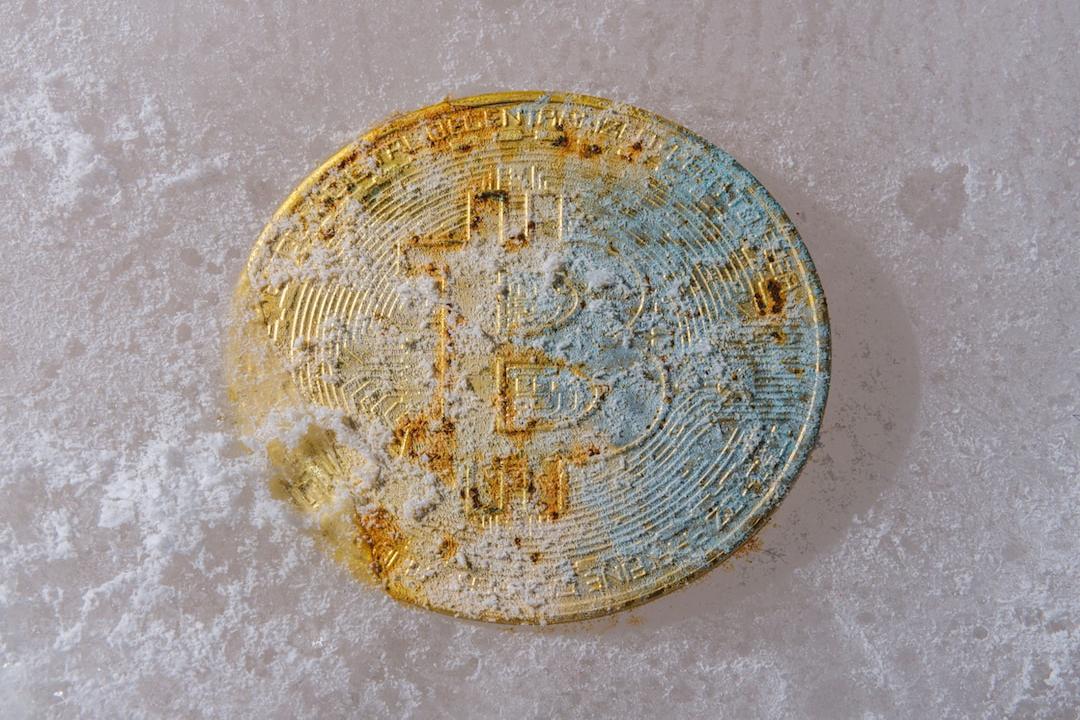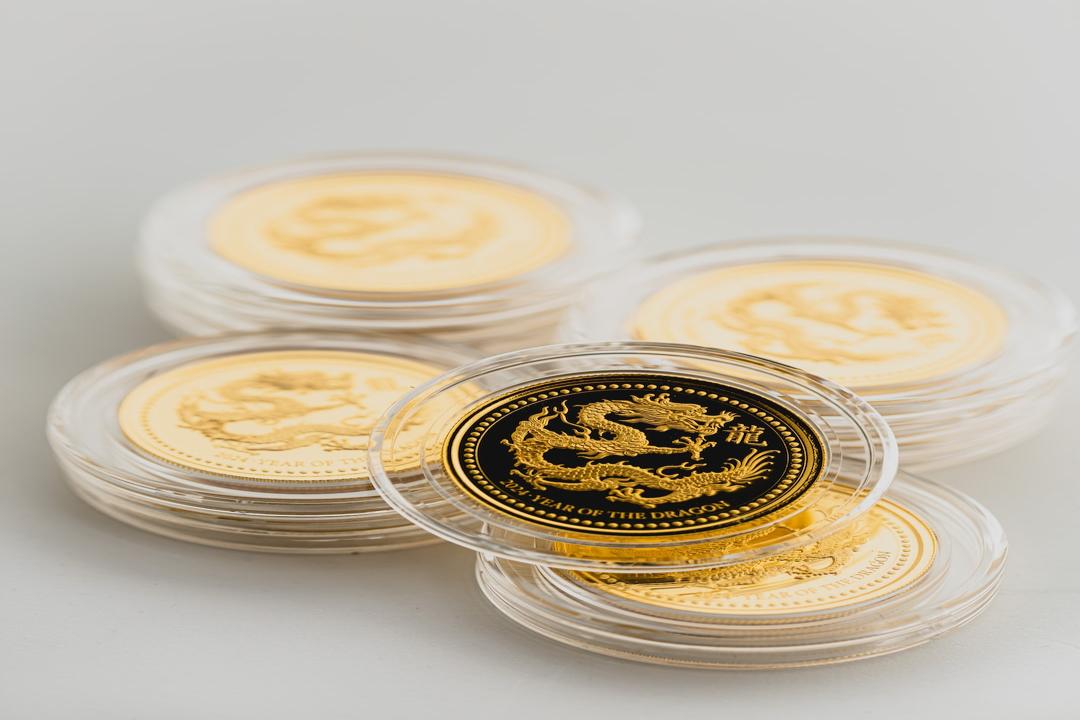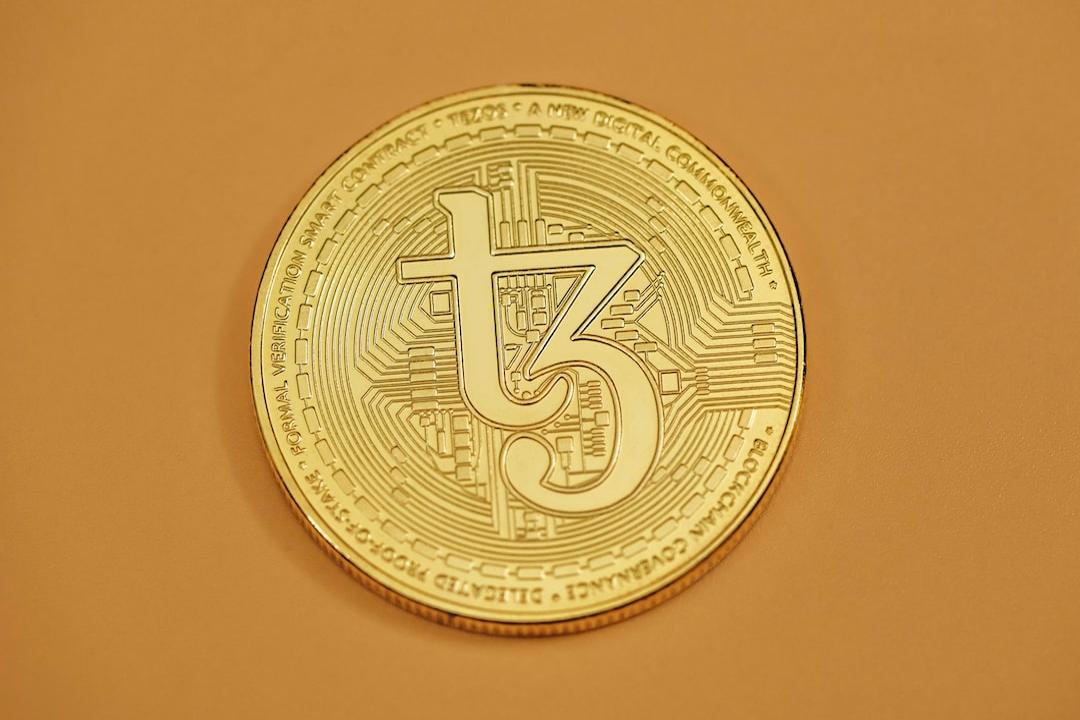Trump Announces 32% Tariff on Taiwan, Semiconductor Products Temporarily Exempted, but Taiwanese Agricultural Exports to the U.S. Face Serious Challenges
U.S. President Trump announced early this morning (3rd) that he would impose “reciprocal tariffs” on multiple countries, including Taiwan. According to the data released by his administration, since Taiwan imposes an average tariff of about 64% on U.S. products (according to the White House), the U.S. will levy a 32% reciprocal tariff on goods from Taiwan, raising significant market concern.
Taiwan Semiconductor Manufacturing Company (TSMC) ADR fell sharply after hours.
Due to the Qingming Festival holiday, Taiwan’s stock market is closed today (3rd), so it is not yet clear how much the market will be impacted. However, TSMC ADR in after-hours trading in the U.S. plummeted by 6.16%, facing severe selling pressure.

Tariff Exemption List: Semiconductors, Pharmaceuticals, and Key Resources Temporarily Safe
However, according to the “Fact Sheet” released by the White House, this global reciprocal tariff policy includes several exemptions. Aside from the pharmaceuticals that have been widely discussed, copper, semiconductors, timber, precious metals such as gold and silver, energy products, and specific mineral resources that cannot be obtained or are insufficiently produced within the U.S. are excluded from the tariff increases.
This is undoubtedly good news for Taiwan’s semiconductor industry, which heavily relies on the U.S. market, temporarily alleviating the alarm of potential severe disruption in the industry chain. However, it is important to note that the Trade Representative’s Office of the Trump administration has previously used tariffs multiple times as a tool for trade negotiations, and the details of its policies often undergo adjustments after initial announcements. Although the exemption list temporarily provides some relief for certain industries, the overall uncertainty in the trade environment remains.
Companies and government entities need to closely monitor subsequent developments and the specific implementation of the tariffs.

Taiwanese Agricultural Exports to the U.S. May Face Severe Challenges
Despite the semiconductor industry receiving exemptions, this tariff storm could pose a serious test for Taiwan’s agriculture.
The U.S. has long been the largest market for Taiwan’s agricultural exports. According to the Ministry of Agriculture statistics, last year (2024), the total value of agricultural products exported from Taiwan to the U.S. reached about $880 million. Once the 32% tariff is officially implemented, it will significantly raise the cost of Taiwanese agricultural products in the U.S. market, severely weakening their price competitiveness. A wide range of products may be impacted, including food and processed goods, aquatic products, and other agricultural products.
According to a report by the Liberty Times, Professor Yang Ming-hsien from Feng Chia University’s Department of International Trade stated that although the 32% tariff figure is shocking, the actual degree of impact still depends on the detailed execution and the tariff rates imposed on Taiwan’s main competitor countries.
If competitor countries face similar tariff barriers, the relative competitiveness of Taiwanese products may not collapse immediately. However, the tariffs will ultimately be passed on to end consumer prices, potentially lowering U.S. consumer demand for imported goods and compressing the overall export volume of Taiwanese agricultural products.
Among the affected aquatic products, fish with minimal quality differentiation may face the most significant pressure. Yang noted that products like squid have more alternative markets, making the pressure relatively manageable. However, tilapia, which is primarily exported to the U.S. as fillets, despite Taiwan’s advantages such as traceability and food safety guarantees, may find price-sensitive buyers turning to other suppliers due to the high 32% tariff barrier.
Taiwan must closely monitor price changes of similar products from its main competitors in the U.S. market (such as Vietnam, Indonesia, China, etc.).
Call for Quick Government Response and Risk Management
In the face of unexpectedly high tariffs, Yang Ming-hsien urged the Ministry of Agriculture to immediately activate its response mechanism, closely monitoring price fluctuations and order situations for major agricultural products exported to the U.S., especially for high-risk items like tilapia. It is necessary to assess the potential imbalance between production and sales and formulate response strategies, such as exploring alternative markets, strengthening domestic marketing, and providing industry assistance or subsidies.
In the long run, Taiwan’s export industries, particularly agriculture, need to consider how to strengthen their resilience against the backdrop of global supply chain restructuring and rising trade protectionism. In addition to consolidating existing markets, it is essential to actively diversify risks and expand into emerging markets such as Southeast Asia and Europe.
At the same time, continuous enhancement of product added value and differentiation, such as strengthening organic certification, production and sales traceability, and sustainable fishing standards, is necessary to solidify competitiveness in high-end markets and reduce reliance on price competition.
Although high-tech industries like semiconductors have temporarily escaped this round of tariffs, it remains uncertain whether the scope will expand or exemption conditions will change in the future. Overall, as an economy that heavily relies on exports, Taiwan must remain vigilant and adaptable to changing circumstances.


